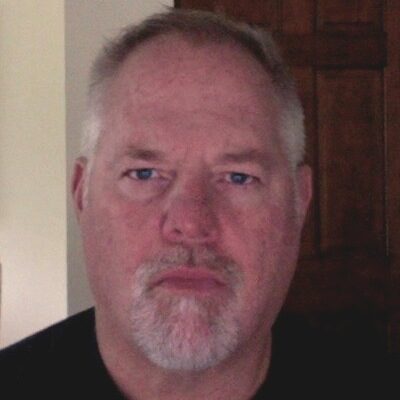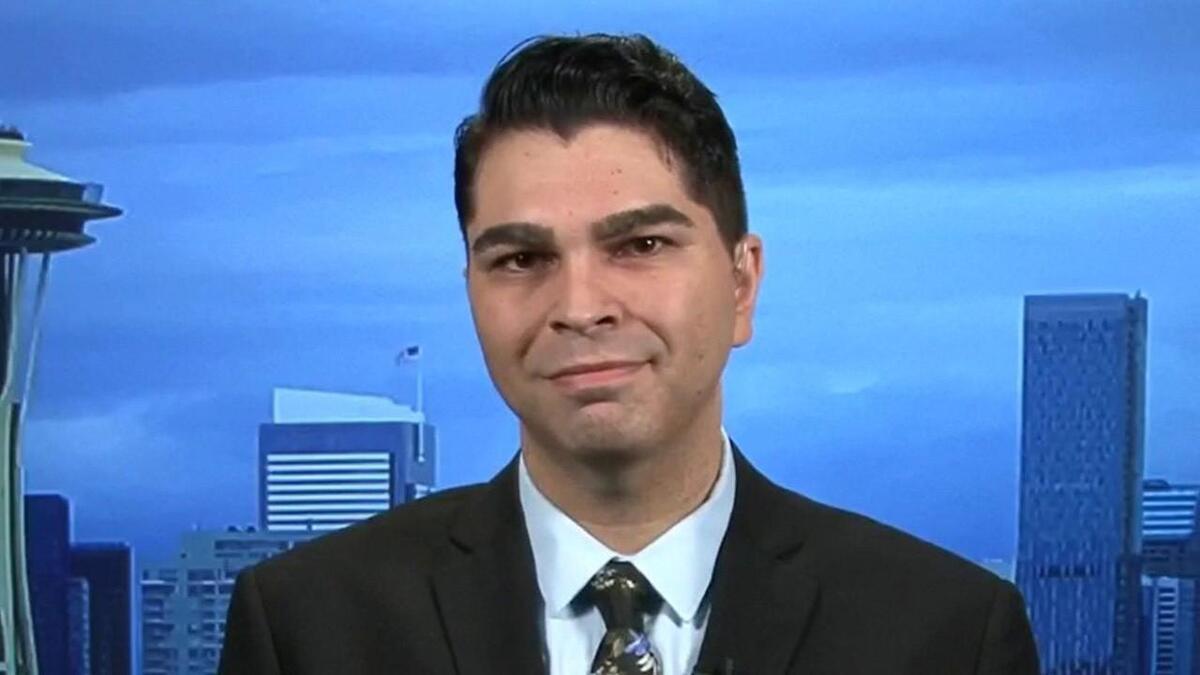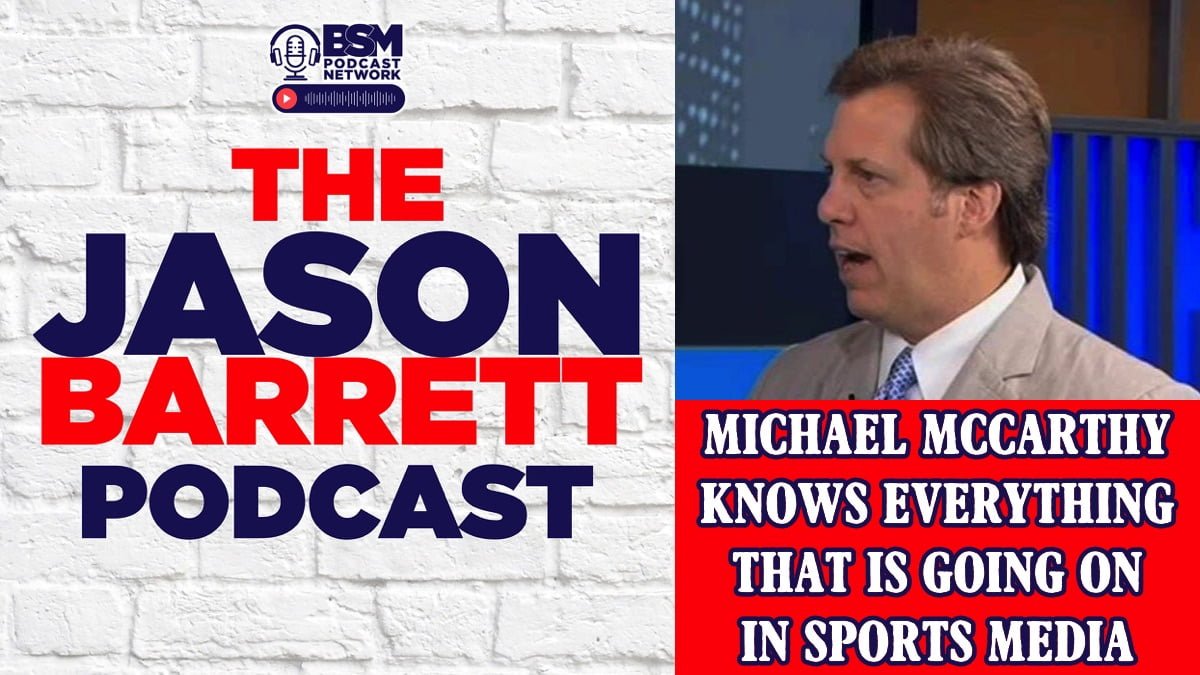Jason Rantz was an intern at 15, an unpaid gig at a sports station. He emailed the station out of the blue, asking if they had an internship available.
“They told me they were developing a show about the Los Angeles Dodgers with an emphasis on kids, how they interacted with the game.”
Rantz said it was sheer luck. “I can’t imagine they were expecting me to do a lot of deep diving. I didn’t get paid; it was probably illegal,” he jokes.
The Jason Rantz Show airs on 770 KTTH from 3-6 p.m. on weekdays. He’s worn every familiar hat since the internship. Rantz has worked on the producer and content side. From screener to producer to the executive producer of a syndicated show.
He knew radio was what he wanted from early on.
“I saw entertainers, presenters in a very positive light. It’s all a performance. Our conversations on radio are not the same ones you’s have in real life. People are hopefully drawn to our conversations. Have a level of curiosity.”
Rantz said the industry had changed a great deal since he began as a Dodgers-focused intern.
“In 2022, you have to be able to write, get in front of a camera, carry a show every day,” Rantz explained. “It takes up a good chunk of your life. You sacrifice a lot of your personal time. I know the digital platforms we must use daily hasn’t worked out for a lot of people. Because of digital growth, you’re not longer able to just sit down and talk for three hours. People expect so much more from us now.”
Rantz said it’s about getting your brand, your message across all the time.
“I do so much on the radio and know it won’t be heard again. It only airs once, and that can be frustrating. It won’t be impactful ever again. That’s why I think the other sources are so important.”
Rantz puts a lot of time into his show, and he develops a daily strategy of hitting home with content. He will write a piece early in the week. Then, give a unique analysis, talk about it on the air, and promote it through television and other platforms.
“It’s what you have to do to remain successful. People need to think more holistically. Radio in and of itself is no longer the only way to succeed. You need to be involved in podcasts and video.”
If he’s talking about a similar topic on radio, then on the television, he doesn’t alter much. “You do have to tailor it a bit,” Rantz explained, “but I don’t change or edit much, don’t change the tone, delivery, or style.”
When somebody changes any one of those, Rantz said things are no longer authentic. “I’m not going to switch my whole tone to talk to a younger audience,” he said. “It would be quite annoying. A lack of authenticity will drive people away.”
Could he offer the same show in New York as he does in Seattle?
“I think the themes of my shows would translate,” Rantz said. “My philosophy of stories would be the same. My story selection and the stories I gravitate toward would be the same. If I talk about crime in Seattle, I’d do the same in New York. How it affects families, small business owners.”
How is Seattle different from a talk show perspective from Rantz’s hometown of Los Angeles?
“The people are so dissimilar. I think there is a passive-aggressive attitude here in Seattle that I didn’t experience in L.A. We didn’t have as many activists in Los Angeles. The Left is way more aggressive here. But I think that’s changing. It’s much more granular here than you might expect in Los Angeles.”
Rantz thinks geography plays a role in how people view stories, and the competition is much more rigorous in Los Angles.
When we spoke, Rantz was preparing his afternoon show. The big news of the day was the FBI conducting a search warrant on Mara-Lago. I asked Rantz how he would approach the story later in the day.
“No different from anything else,” Rantz said. “I’ll consume as much as I can from various sources so I can explain what’s going on. Get a sense of reaction, formulate my opinions.”
He filled in for Ben Shapiro on the morning we spoke, so Rantz felt most of his preparation for his own show had already been done.
“With a solo show, I’m able to pull clips from people I don’t agree with. I can look for a different opinion. Some I will find boring; others will generate a lot of reaction. I’ll see how it’s playing with conservatives and the liberal pundits.”

Jim Cryns writes features for Barrett News Media. He has spent time in radio as a reporter for WTMJ, and has served as an author and former writer for the Milwaukee Brewers. To touch base or pick up a copy of his new book: Talk To Me – Profiles on News Talkers and Media Leaders From Top 50 Markets, log on to Amazon or shoot Jim an email at jimcryns3_zhd@indeedemail.com.







